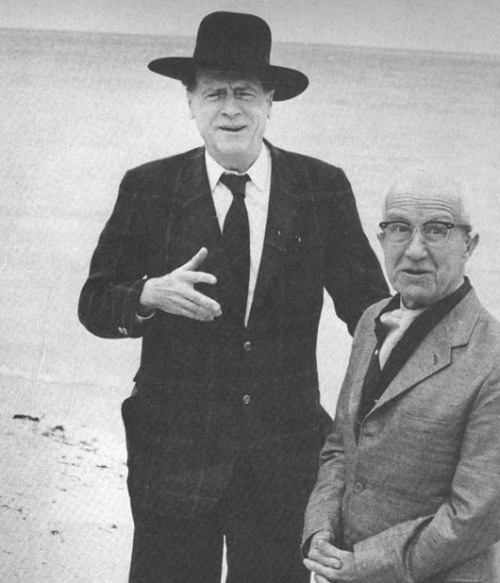parvanimity, n.
[‘ Smallness of mind, meanness; an example of this. Also: a small-minded person.’]
Pronunciation: Brit. /ˌpɑːvəˈnɪmɪtɪ/, U.S. /ˌpɑrvəˈnɪmᵻdi/
Etymology: < classical Latin parvus small (see parvi- comb. form) + animus mind (see animus n.) + -ity suffix, probably formed as an antonym of magnanimity n. (compare quot. 1829 at main sense).
Now rare. Smallness of mind, meanness; an example of this. Also: a small-minded person.a1691 R. Boyle Free Disc. against Swearing Plea xiii, They will justly esteem your parvanimity so great that you deserve derision.
1829 Edinb. Lit. Gaz. July 131/2 The meanness and parvanimity of Bonaparte. [Note] I coin this word parvanimity as an adequate antithesis to magnanimity.
1840 Tait’s Edinb. Mag. 7 37 Memorably connected with the parvanimities of the English government at one period.
1873 F. Hall Mod. Eng. 33 (note) Persons..of the class of hopeless parvanimities of the true insular stamp.
1950 Social Forces 29 202/2 Shall we prefer parvanimity?
Derivatives
parvˈanimous adj. small-minded.1819 Examiner 14 Nov. 731/2 We mean..any parvanimous great man, who would fain revenge his slavery at home by lording it out of doors.
1855 L. Hunt Let. 26 July (1862) II. 204 What I partly did myself, half for the reasons above mentioned, and half perhaps out of a sort of parvanimous wish not to assist the critics.
1945 Amer. Hist. Rev. 50 286 The conduct of most of the Republicans respecting the Treaty been discouragingly parvanimous.












You must be logged in to post a comment.